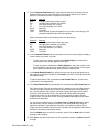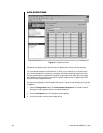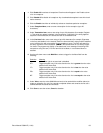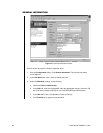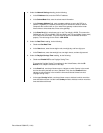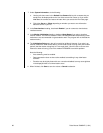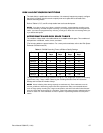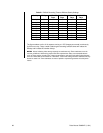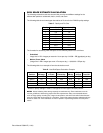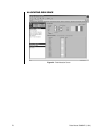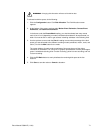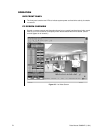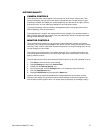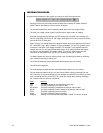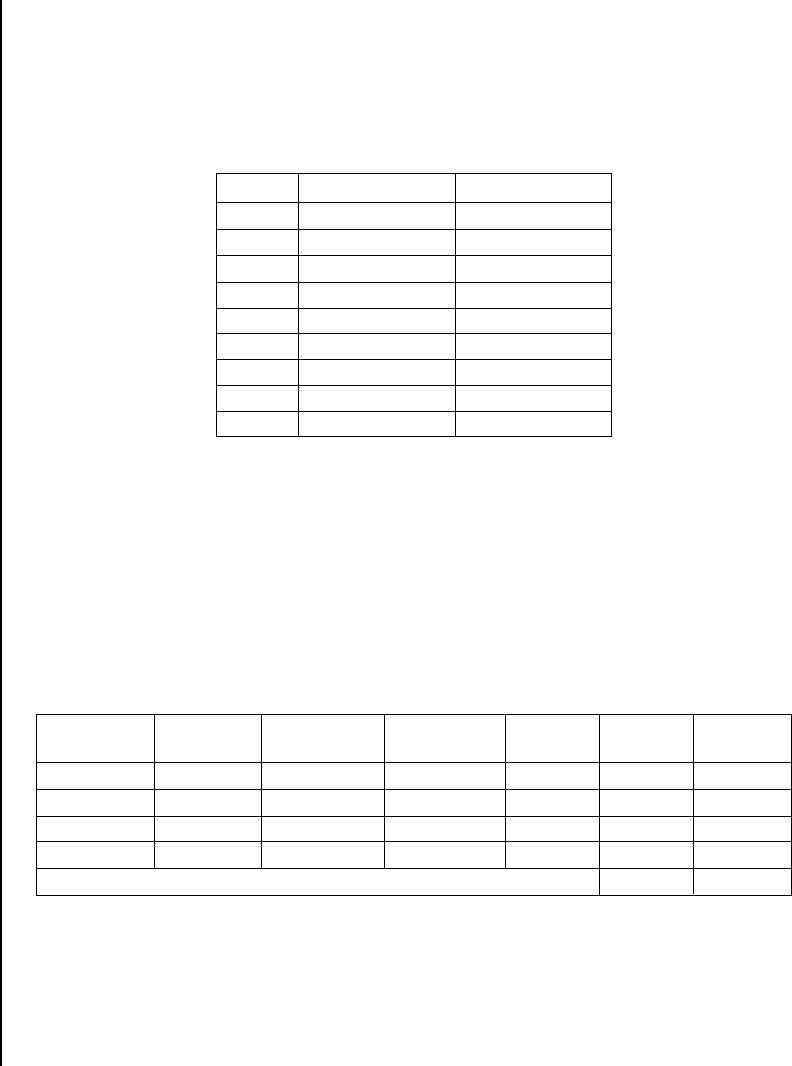
Pelco Manual C690M-E (11/04) 69
DISK SPACE ESTIMATE CALCULATION
The following calculations take into account that you may want different settings for the
different disk partitions: scheduled, motion, event, and alarm.
The following table shows lower/upper boundaries of file size for the DX2000 quality settings.
Table C. Quality and File Size
Quality Lower Size (KB) Upper Limit (KB)
0 4.0 5.0
1 5.6 7.0
2 8.0 10.0
3 10.4 13.0
4 12.8 16.0
5 16.0 20.0
6 20.0 25.0
7 24.0 30.0
8 32.0 40.0
The formulas for calculating hard disk space for the different partitions are as follows:
• Scheduled
Image size in KB x Images per second x Hours per day x 0.0036 = GB (gigabytes) per day
• Motion, Event, Alarm
(Image size in KB x Images per event x Events per day) ÷ 1,000,000 = GB per day
The following table is an example of how the calculations work:
Table D. Hard Disk Space Calculation Example
Images/sec Hours or Days of
Partition KB/image* or event Events/day GB/day storage Total GB
Scheduled 13 16 24 18.0 7 125.80
Motion 20 30 200 0.12 14 1.68
Event 25 15 30 0.01125 30 0.34
Alarm 40 500 1 0.0 180 3.60
Total 131.42
* Based on quality settings in Table C. Use figures from the Upper Limit (KB) column.
NOTE:
Values indicating video storage capacity are estimates only. These estimates are to be
used as guidelines in determining proper hard drive requirements. Many user selectable factors
such as image quality, recording rate, image content/motion, and video noise will all affect the total
amount of video that can be stored on a hard drive. These video storage duration estimates will vary
based on actual use. These estimates are not an implied or expressed guarantee of actual perfor-
mance.



